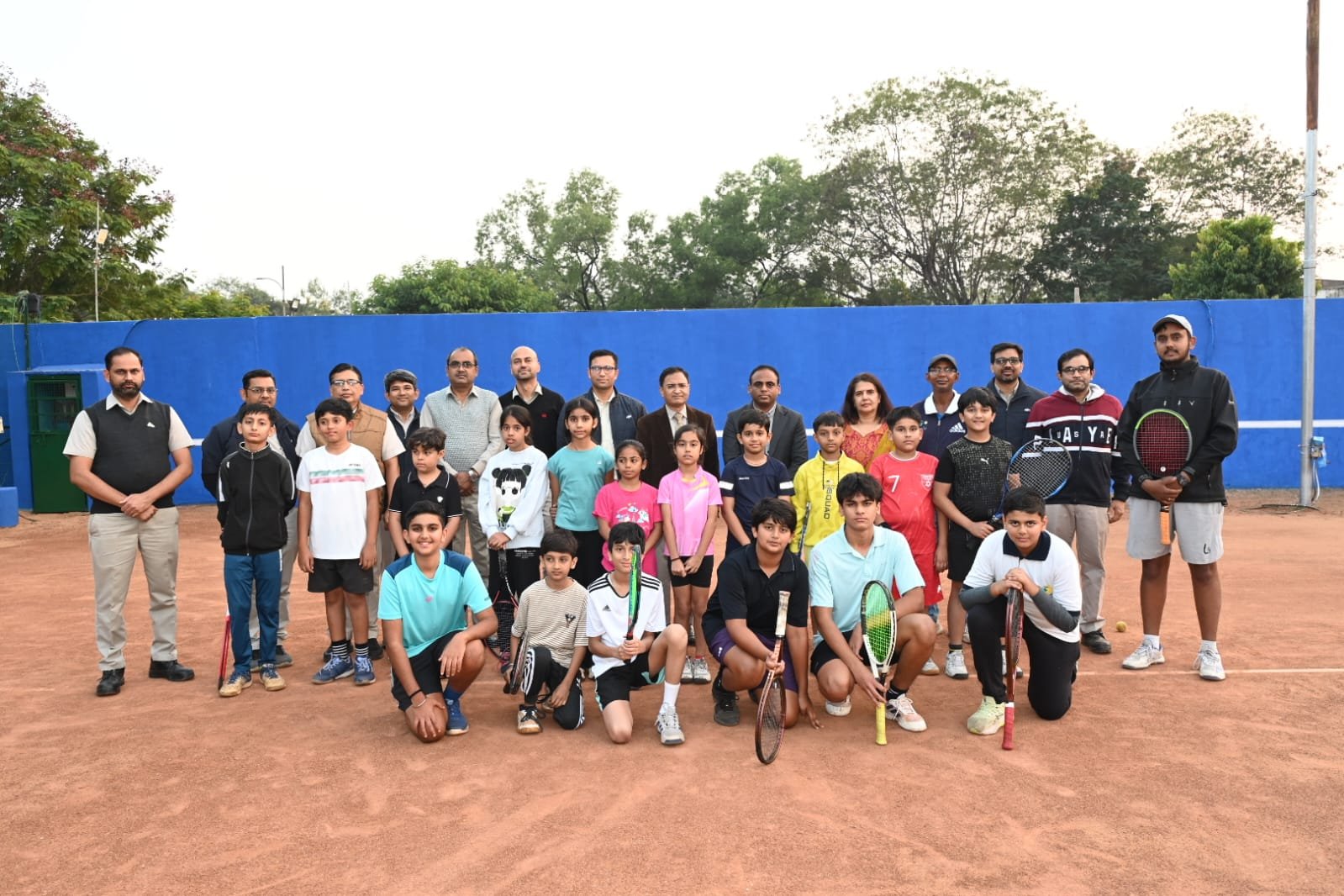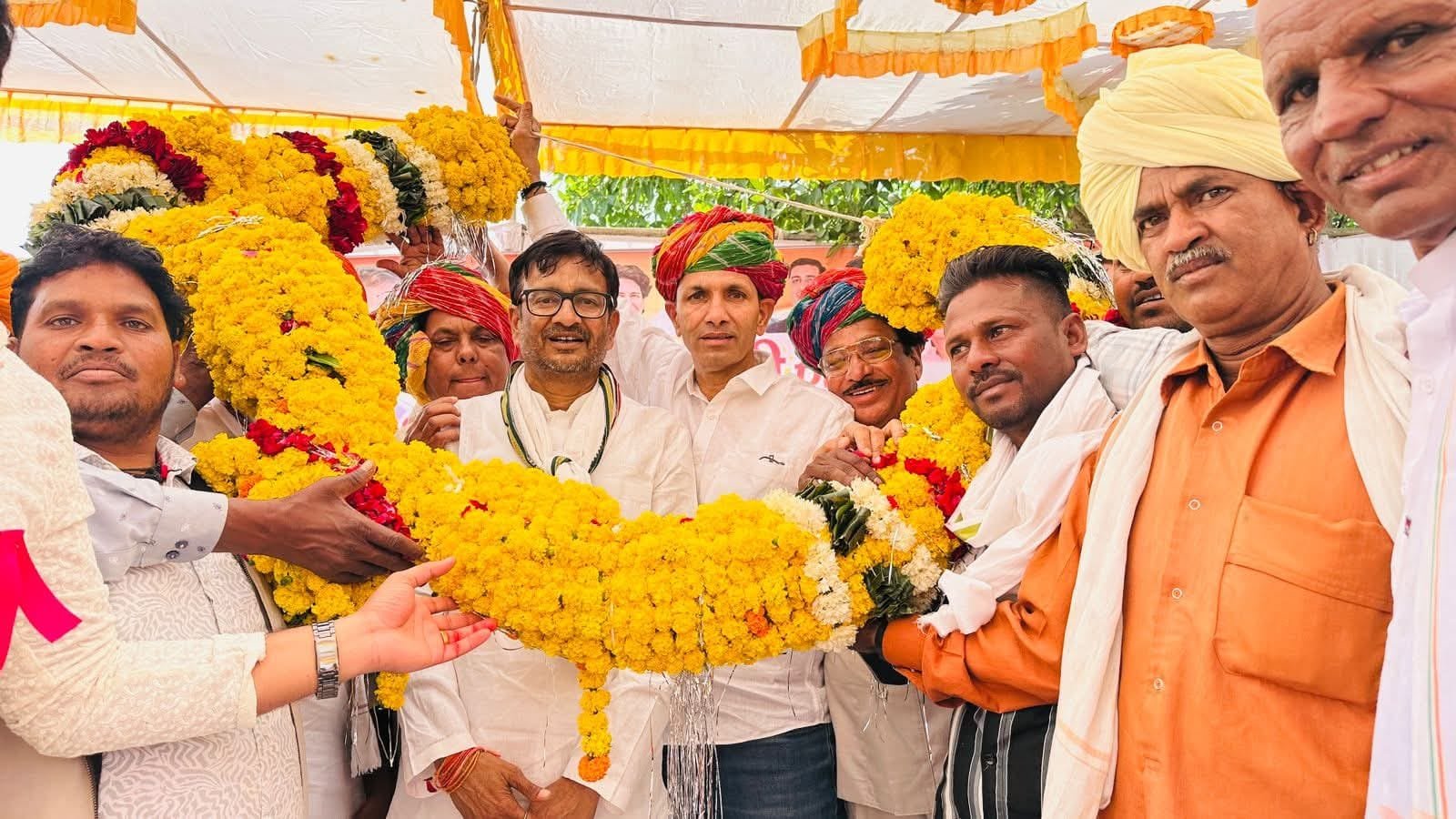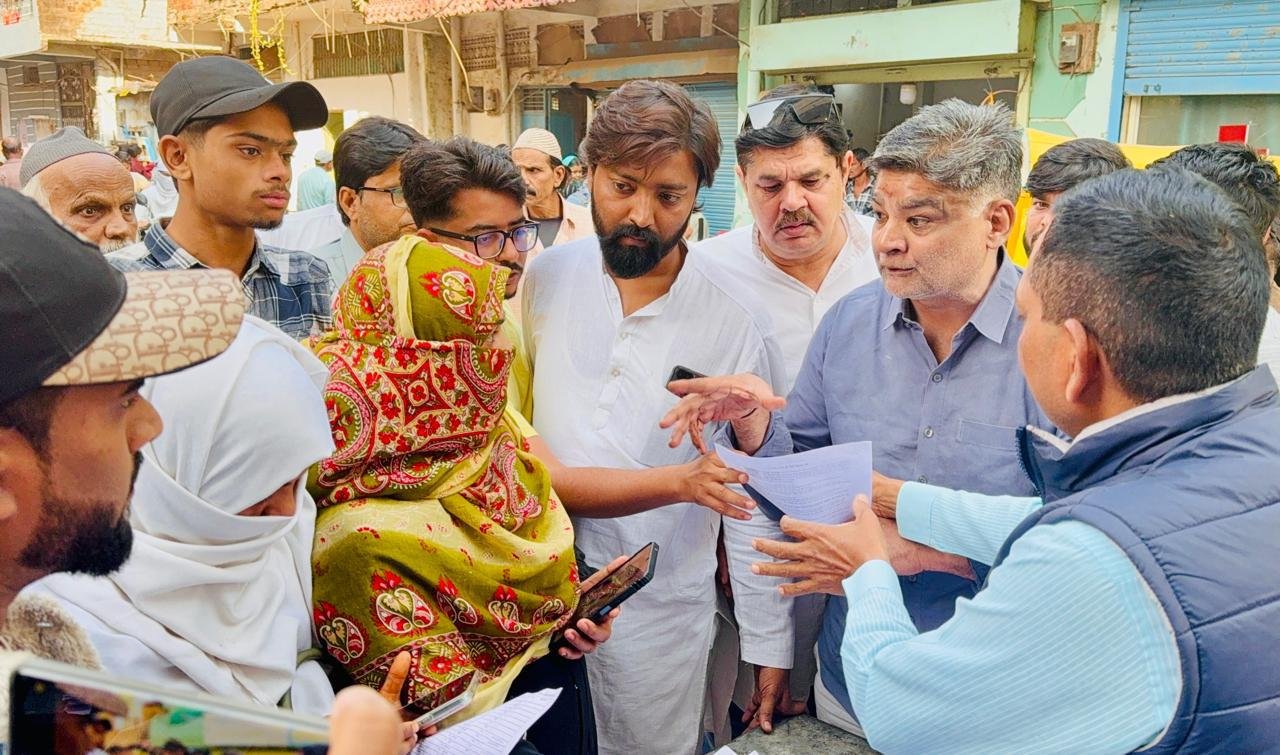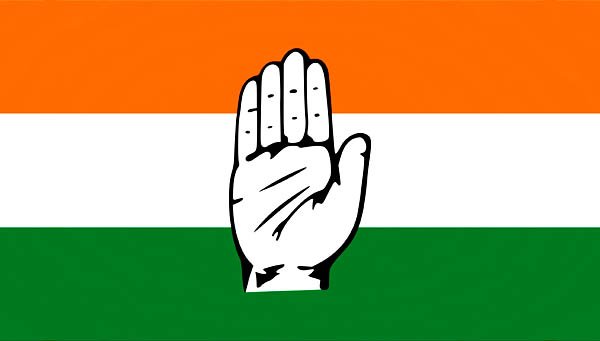New Delhi, Sept 27 (UNI) Countries around the world have shown that sustainable tourism can both protect biodiversity and support local livelihoods. India shares this potential, but to realize it, sustainability must be at the heart of its tourism strategy, said Suman Bery, Vice Chairperson of NITI Aayog, on World Tourism Day today.
Speaking on the theme ‘Tourism and Sustainable Transformation,’ at an event here, Bery stressed the need for an integrated approach where transportation, urban planning, digital innovation, and infrastructure work in harmony.
“Enhancing connectivity across roads, railways, airways, and waterways will improve access, distribute economic benefits beyond major cities, and ease pressure on overcrowded destinations.”
According to a government statement here, he emphasized that collaboration between public and private sectors, along with community engagement and environmental protection, is crucial to success.
Looking ahead to 2047, Bery envisioned a tourism sector that is green, inclusive, and future-ready —one that empowers communities as key beneficiaries and proudly showcases India’s rich cultural and natural heritage on the global stage.
Minister of State for Tourism, Suresh Gopi, highlighted India’s ongoing efforts to embed sustainability across its tourism initiatives.
He outlined flagship schemes such as Swadesh Darshan 2.0 and PRASHAD, which promote eco-friendly accommodations, rural and village tourism, and technological improvements via revamped digital platforms.
Cooperation among states, industry players, civil society, and local communities forms the foundation of India’s resilient and inclusive tourism model. Gopi underscored that tourism growth depends heavily on robust transport and infrastructure linkages.
India’s focus on connectivity is demonstrated through investments in airports, highways, waterways, and railways aimed at delivering seamless travel experiences for domestic and international visitors.
Initiatives like UDAN, improved last-mile connectivity, and integrated multi-modal transport hubs are making tourism more accessible and inclusive. By strengthening cross-sector synergies, tourism is becoming a catalyst for balanced regional development, said the statement.
The occasion also saw the signing of Memorandums of Understanding (MoUs) with Netflix, the Atithi Foundation, and leading Online Travel Agencies (OTAs). The partnership with Netflix will harness cinematic storytelling to promote Indian destinations globally through curated trailers.
Agreements with the Atithi Foundation and OTAs will support research, innovation, capacity building, and post-travel feedback collection, aiding data-driven policy decisions at state and union Territory levels.
A notable launch was the booklet “Guide to MUDRA Loans for Homestays,” which offers a step-by-step guide for stakeholders to apply online for loans through the Jan Samarth portal.











